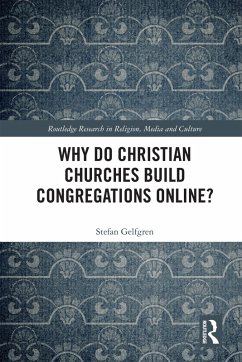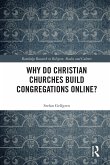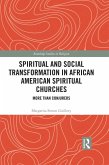- The Charismatic movement (with Pentecostal origin)
- The Church of Sweden
- The Laestadian movement
These cases range from a positive and outgoing attitude toward digital media to a hesitant and reluctant approach. The highly secularized and digitally permeated Swedish society gives the context in which the religious institutions must relate and understand themselves in relation to. From a mediatization approach, the national context limits and sets presumptions for the negotiating process. This volume provides an understanding of the relationship between external (societal) and internal factors (such as theology and historical origin). This book will also broaden the understanding of the field of "digital religion" and emphasize the need to discuss contemporary religion in terms of "religion in a digital age".
Dieser Download kann aus rechtlichen Gründen nur mit Rechnungsadresse in A, B, BG, CY, CZ, D, DK, EW, E, FIN, F, GR, HR, H, IRL, I, LT, L, LR, M, NL, PL, P, R, S, SLO, SK ausgeliefert werden.









